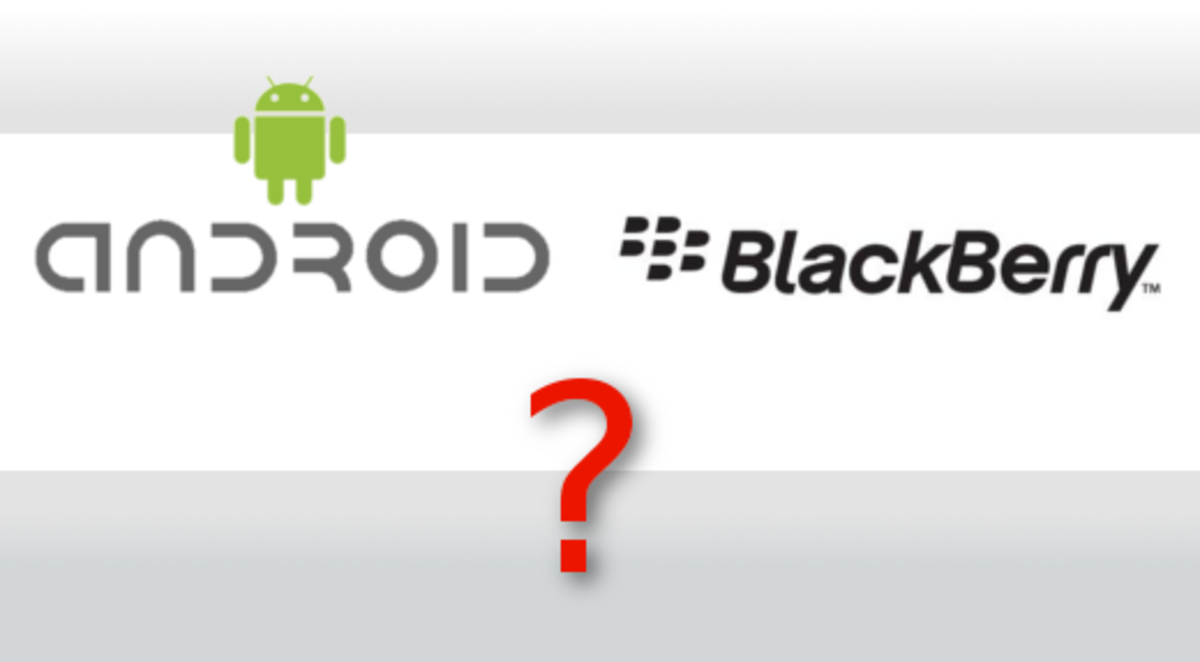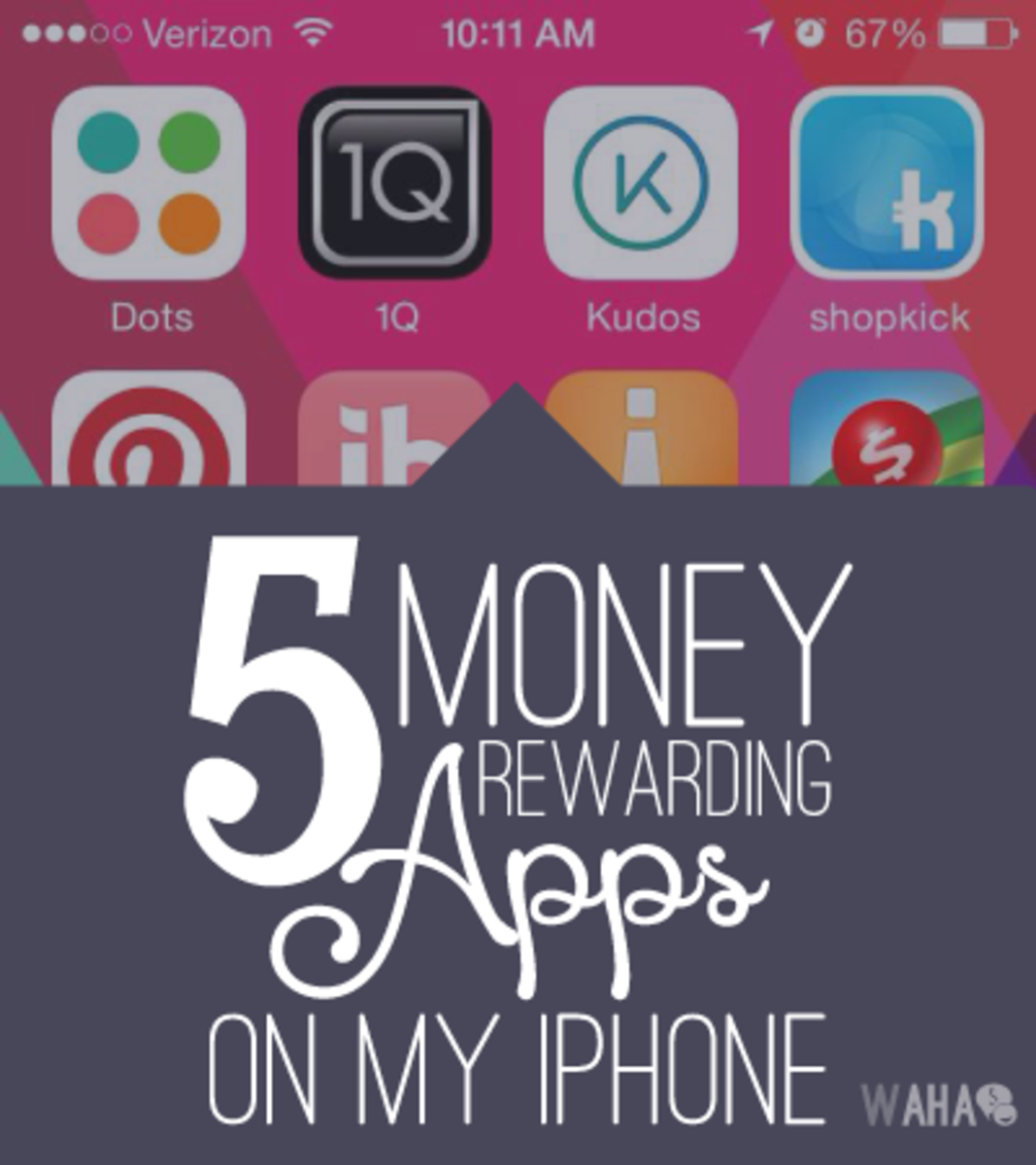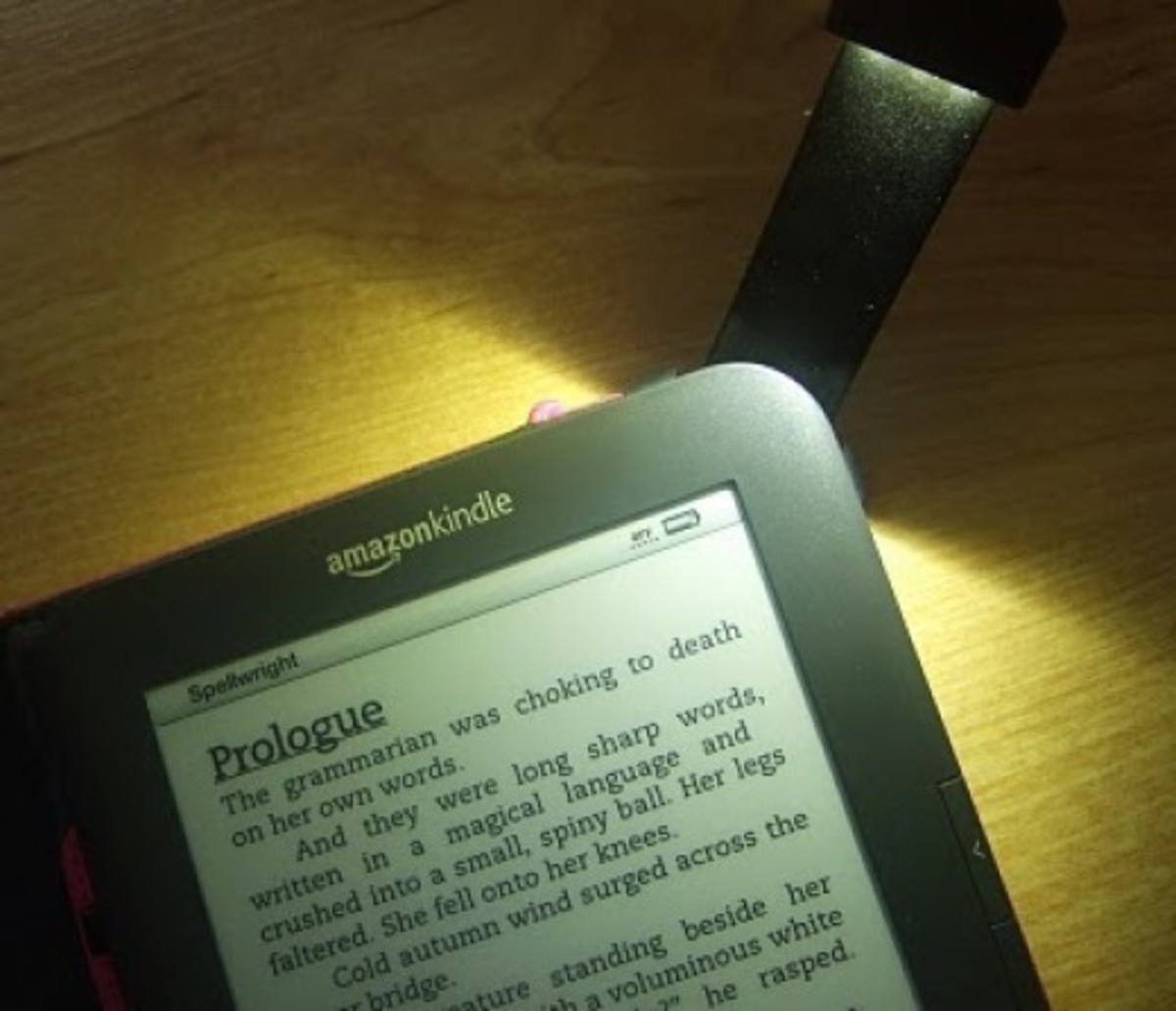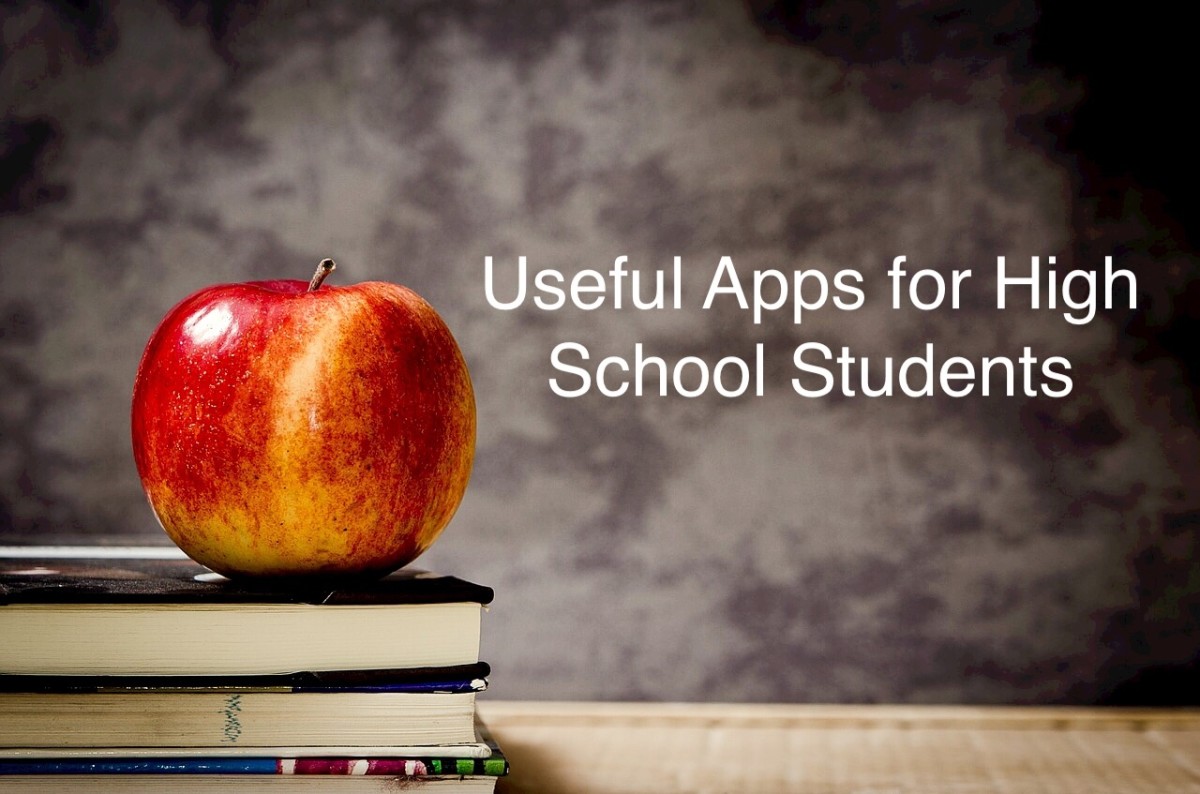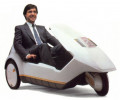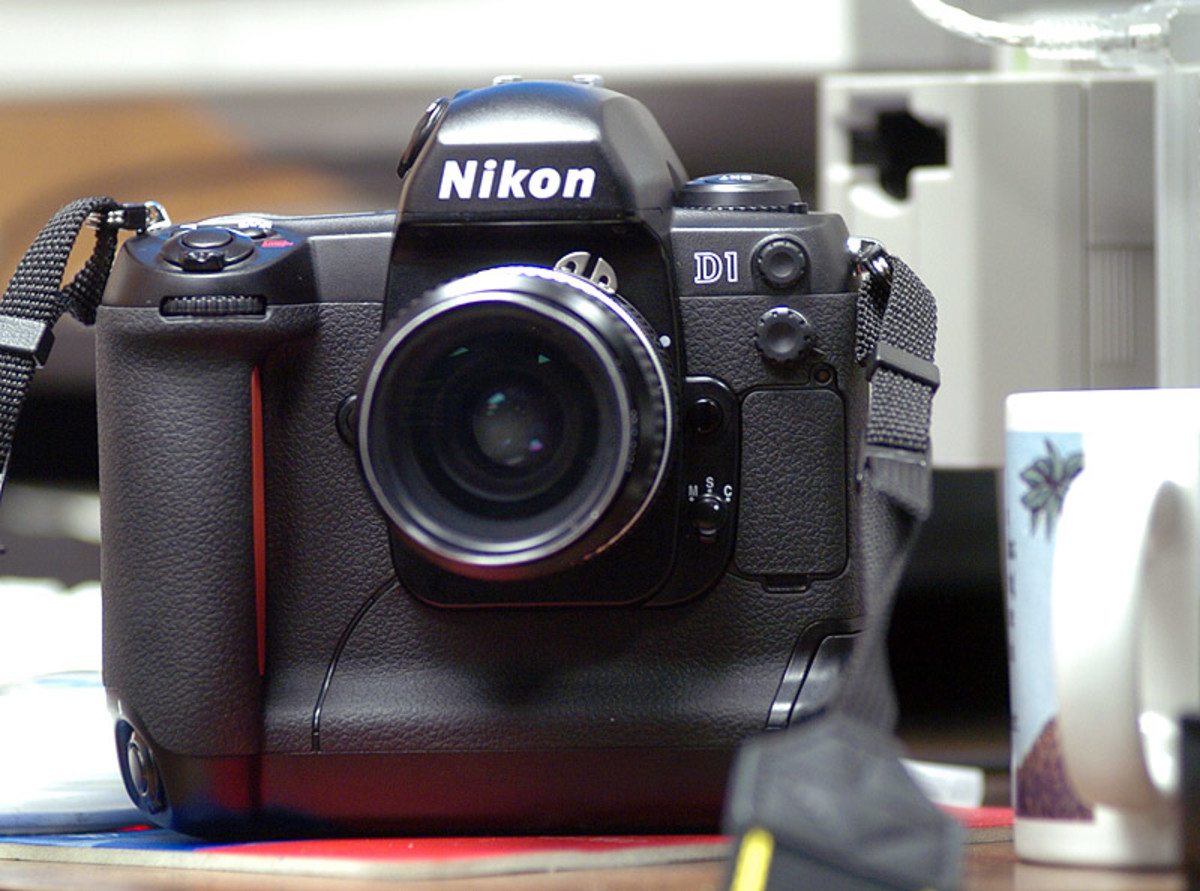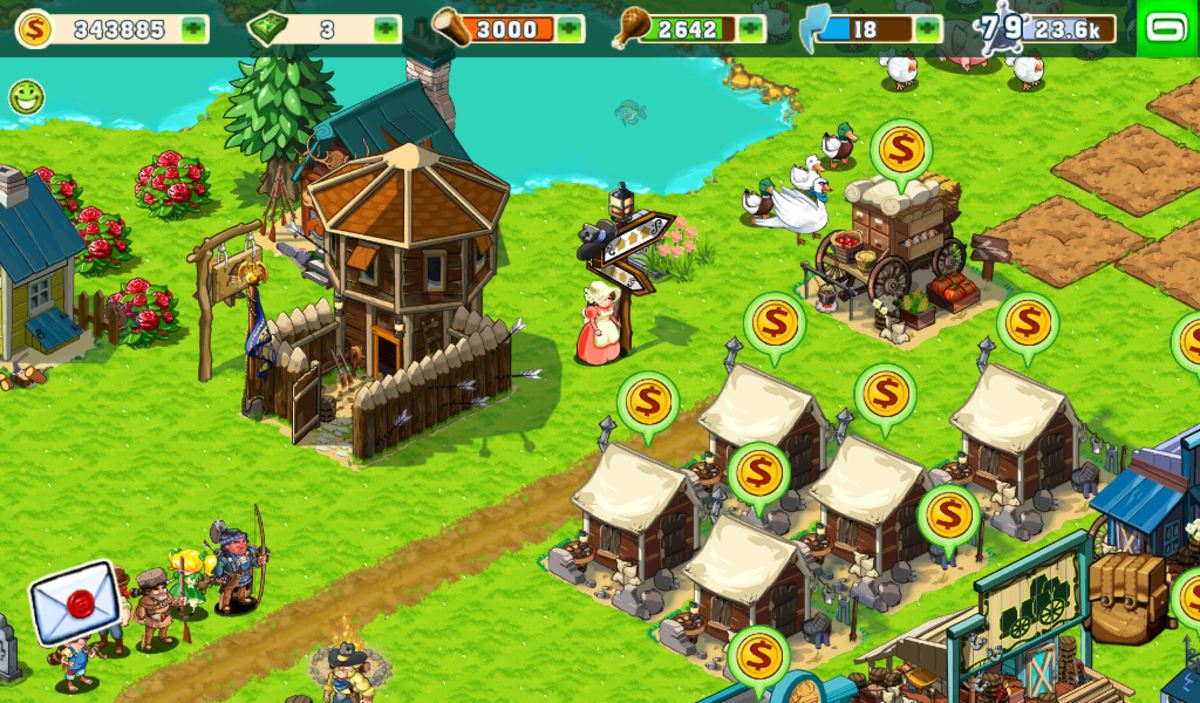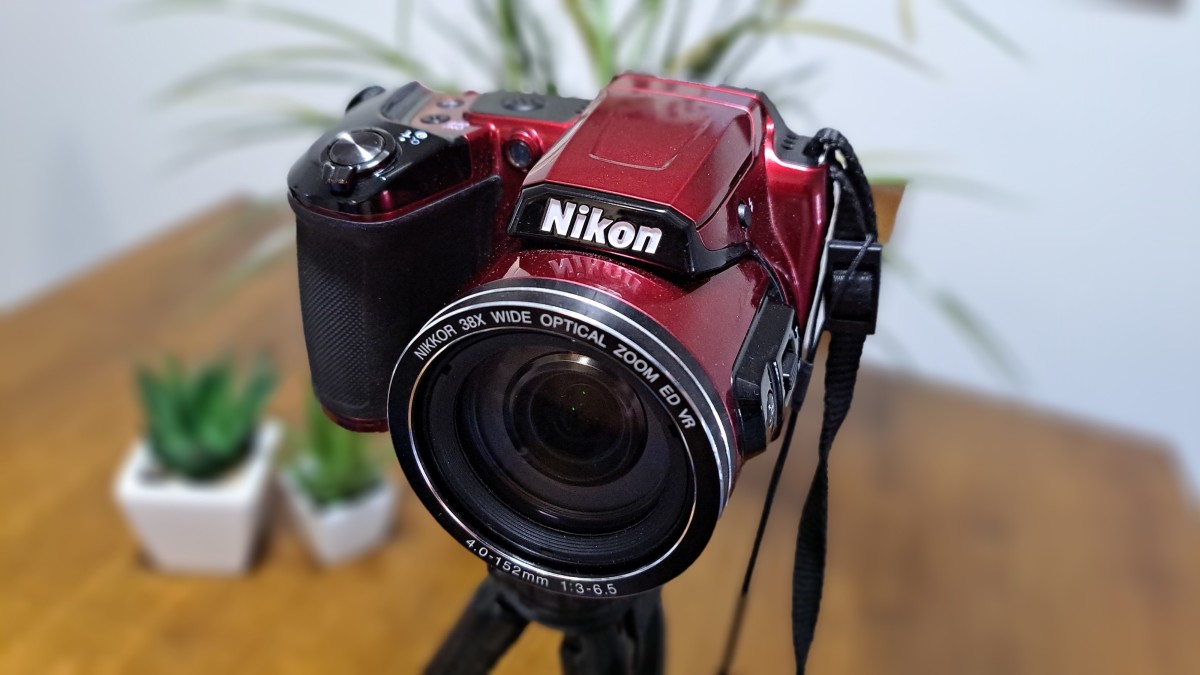Reasons I Prefer Android Over IOS (Apple)
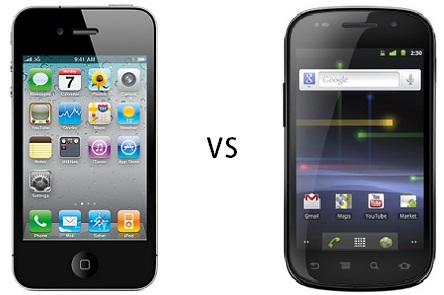
Everyone has their preferences and everyone is entitled to their own opinion. My objective here is not to change your opinion, rather to explain my own. If you find yourself agreeing, great, I hope you enjoy your new device if or when you decide to go purchase one.
The number one selling phone at the moment is Apple's iPhone. However, the number one selling operating system for phones is Google's Android platform, instead of Apple's IOS. This is because while the iPhone has a very large fanbase, it is simply a lineup of 5 phones released over the course of years, whereas Android is on nearly 1000 phones release over the same time period. There are many manufacturers involved in the Android Open Handset Alliance, the group of manufacturers contracted with Google in created Android devices. So while Apple is holding their own with a single product in a large market, Google is overshadowing them with the sheer number of handsets available alone.
Hardware
While many will claim Apple only uses the best hardware available (which to an extent is true) every bit in any Apple device, be it a phone or a computer, is manufactured by another company. The A5 processor in the iPad2 and now the iPhone4s is in fact manufactured by Samsung, for example.
Apple is falling behind on hardware. There is no doubt about this. Leading up to the launch of the iPhone 4s many people were highly excited. They were finally get a hardware update to their one year old phones that only held a 1Ghz single-core processor and 512Mb of RAM. This is was frustrating for many, as many Androids were already utilizing up to 1.5Ghz Dual-core processors with 1Gb of RAM.
Then the iPhone 4s was officially announced - still using year old technology in its chips, as the same 1Ghz dual core processor used in last year's iPad2 was being used.
Still a rather large update from the 1Ghz single-core of last year's phone... but then we learn the A5 in the 4s is only running at 800Mhz and not the initially thought 1Ghz. Poo.
All this while Android has been releasing bigger, badder, newer phones steadily through time. Advancements came, and are still coming, with a rapid pace. New chips, new screen technologies, new antennas and radios...
As it sits right now, Android is boasting the use of 4g technologies, larger and even stronger screens, more powerful processors, and a host of other improvements or advancements the iPhone just hasn't been able to touch yet.

Ease of Use
This section can honestly go either way. I've owned both and I'll admit, iOS is quite easy to use. Many users claim iOS easier and more user friendly than Android. I'm really on the fence on this one because I personally find Android easier. It is very possible that it is just because I'm an Android user, it's what I'm used to, and I get lost easily in a new environment.
What do you guys think? Feel free to leave a comment below!
Features
It used to be that iOS stomped Android all over the court in this field. iOS used to have many capabilities that Android just didn't. But as with anything in time, that changed. Android has a very large user-base and many of its users are, for lack of better terms, nerd. Due to Android's nature, anyone is invited to take Google's goods and modify it to their hearts extent. Many great features are born this way such as the new Face Unlock feature found embedded in Android 4.0.
I won't go into a full on feature-vs-feature battle here. The point is that pretty much anything you can do on an iOS device, you could do on an Android. ...Yes, even Siri is available on Android, it has been for over a year.
Applications
"Smartphones" have had applications for years. Applications are great! They allow you to do a great many things - literally almost anything you want! Think of them in the same light as programs on your computer. In the same way Program A will work on Windows but not on a Mac or Linux, Application C would work on iOS but not Android, for example.
iOS still holds the crown for most "apps" available in the Apple App Store, with over 600,000 apps published at the time of this writing. Android is quickly catching up and just hit the 570,000 mark a short time ago.
The real comparison here is the quality and functionality of said Apps. iOS has strict requirements and terms of use for their app developers, making their apps work better with their intended devices. However, with Apple's strict policies many of the more "fun" apps are denied a spot in the App Store.
Google has an open environment for their developers - anyone can create an app and put it on the market. This is both a good and bad thing in the end; you get some lower quality apps, some middle of the road apps, and some great apps. The real place Android shines in this category is pricing and functionality. 78% of Android's Apps are free, compared to iOS' 30% free. In addition, you will find many great applications for modifying your device, but we'll get into that a bit later.
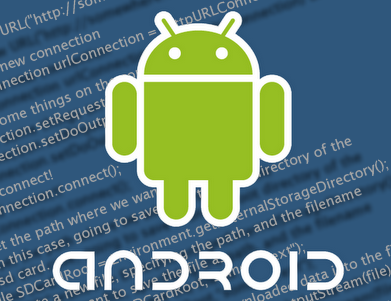
Modification
This is where Android really shines apart from iOS. The ability to modify the device you bought with your own money is a big bonus to those of us who are more technically inclined. With Android, you could do a great many things to change the appearance and operation of your device.
Because of the open source nature of Android, meaning Google created it and handed it out for public scrutiny and use - even posting full source code online, many people will completely re-vamp the code for higher performance an efficiency. In the end they will have built their own version of the original Android operating system for use on their device, called ROMs. Many of these "developers" will post their ROMs online for others to install on their own devices. Try that with an iPhone.
In this same sense, many more things could be changed as well. From simply changing the color of your battery icon, to changing the way your home screen works - anything is possible!
For a less extreme form of modification, there is Rooting(Android) or Jailbreaking(iOS), which can be done on either device. Rooting a device, however, will grant you much more access than a jailbreak. Since Android is developed on a Linux Kernel, root privileges grant you full access to do anything you want on that system. Jailbreaking is a lesser form that will give you many of the privileges Rooting will, but many are still blocked out.
Removable Storage
Apple products are by nature restrictive and locked up tight, in every aspect. You buy a 16gb iPhone, that's exactly what you get and there is no changing it, short of shelling out again if you wanted an upgraded version with more storage.
Using an Android, you could swap your standard microSD card for one with a higher capacity. Or if you had more than one, each filled with music or pictures, you could easily swap them out - all without even shutting your phone off! MicroSD cards aren't the cheapest things on the planet, a decent 32gb card will run you almost 50 dollars, but it sure beats shelling out another 600 for a whole new phone or dealing with low storage space on your device. Best yet, if your device craps out on you, you could swap that SD to your new device and you still have anything that was on that media.
Removable Battery
I sell phones for a living these days. One thing I'm almost always asked for - batteries.
Batteries by their nature get worn out with time. Leave your phone on the charger for 4 hours extra every night after its at 100%? Your battery will probably be dead before your contracts up for a new phone, hate to say it. Overcharging is the number 1 killer of batteries. I won't get too technical on this, but basically the acid begins to crystallize on the inside of the casing, making your battery, in effect, smaller in time.
The iPhone has a built in battery that costs over 150 dollars to replace, and you have to send it out to Apple themselves to replace it. See where this is going?
With Android on the other hand, it will of course depend on your device, but most will only run you 20-30 dollars on Amazon. You can even swap the battery out yourself. Heck, I have a spare I bought for my own phone and carry it just in case I need it. If my battery runs dry and I'm not near a charger, I can just swap it out and be back in operation in seconds.

